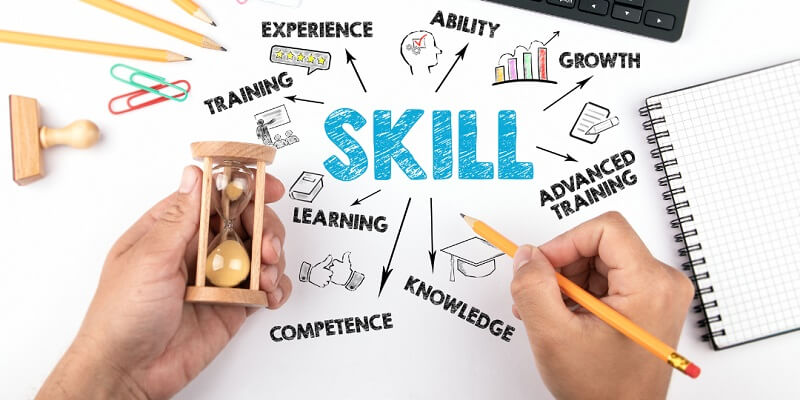
Soft skills refer to a combination of interpersonal skills, communication abilities, emotional intelligence, and personality traits that enable individuals to interact effectively with others and navigate various work and social environments. These skills complement hard skills (technical or specialized knowledge and abilities) and are crucial for success in personal, academic, and professional settings.
The Collins English Dictionary defines soft skills as desirable qualities for certain types of employment that do not rely solely on acquired knowledge. These qualities include things like common sense, the ability to interact well with others, and maintaining a positive, adaptable attitude.
Workplace Success: Employers often prioritize soft skills, such as communication, teamwork, problem-solving, and leadership, alongside technical skills. In fact, soft skills are increasingly being recognized as essential for career advancement and overall job performance.
Personal Relationships: Soft skills also play a significant role in personal life. They help build and maintain healthy relationships, foster empathy, and improve conflict resolution abilities.
Emotional Intelligence (EI): Emotional intelligence, or EQ, is a key component of soft skills. It involves being aware of, understanding, and managing your own emotions, as well as recognizing and influencing the emotions of others. High EQ enhances collaboration and emotional well-being.
The ability to express oneself clearly and listen actively. Verbal and non-verbal communication. Writing skills for emails, reports, and other professional correspondence.
Working well with others to achieve common goals. Understanding and respecting diverse perspectives. Contributing to group efforts while maintaining a positive attitude.
The ability to think critically and approach challenges creatively. Finding solutions even in stressful or unfamiliar situations.
Being open to new ideas and changes. Willingness to learn and grow in changing environments.
Managing disagreements constructively and finding mutually beneficial outcomes. Navigating challenging conversations with empathy and understanding.
Inspiring and guiding others toward common goals. Taking initiative and demonstrating responsibility.
Prioritizing tasks efficiently to meet deadlines. Balancing personal and professional commitments.
Building rapport and maintaining professional relationships. Empathy, trust, and respect in personal and professional interactions.
Thinking outside the box and offering new ideas. Contributing to a culture of continuous improvement.
Staying calm and composed in high-pressure situations. Using techniques like mindfulness or deep breathing to manage stress.
Here are some ways to develop and enhance your soft skills:
Soft skills are increasingly valued in both personal and professional contexts. Developing strong soft skills can enhance your ability to interact effectively with others, manage your emotions, and handle various situations in life and work. By honing these skills, you will not only improve your career prospects but also foster better personal relationships and overall well-being.